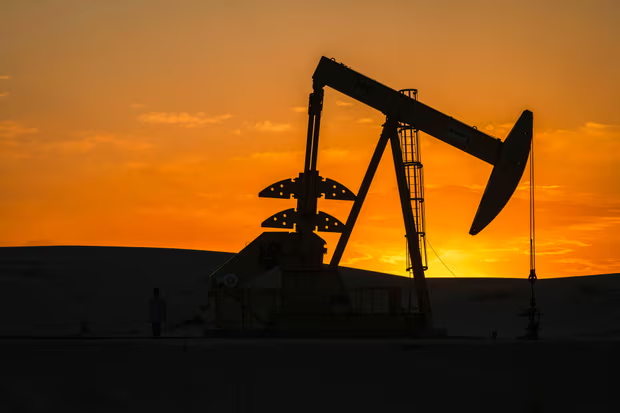The world is at a crossroads, and a top United Nations expert is calling for bold action to protect people and the planet from the growing climate catastrophe. Elisa Morgera, the UN Special Rapporteur on human rights and climate change, is demanding that governments criminalize fossil fuel disinformation, ban all fossil fuel industry lobbying and advertising, and fully phase out oil, gas, and coal by 2030 in wealthy countries.
Morgera’s new report, “The Imperative of Defossilizing Our Economies,” was presented to the UN General Assembly in Geneva.
warns that wealthy nations like the US, UK, Canada, and Australia must act now to stop fossil fuel production and compensate communities harmed by decades of pollution and climate damage.
“Despite overwhelming evidence of the harm caused by fossil fuels, these countries are still making huge profits and not taking real action,” Morgera said.
“They have a legal duty under international law to protect human rights and the environment.” She stressed that vulnerable communities—especially island nations, Indigenous peoples, and rural populations—are suffering the most from climate chaos, even though they have benefited the least from fossil fuels.
The Human Cost of Fossil Fuels

Morgera’s report details how fossil fuels—oil, gas, coal, fertilizers, and plastics—damage almost every human right: life, health, food, water, housing, education, information, and livelihoods.
Extreme weather, rising seas, deadly air pollution, water scarcity, and forced displacement are just some of the devastating impacts.
“The fossil fuel playbook has undermined the protection of all human rights for over 60 years,” Morgera said.
“The industry has used disinformation, attacks on scientists, and political influence to block real climate action.”
What Needs to Change?
The report calls for urgent and radical reforms:
Criminal penalties for spreading false information about climate change.
A total ban on fossil fuel industry lobbying and advertising.
Protection for climate activists from lawsuits, harassment, and violence.
Banning fracking, oil sands, gas flaring, and fossil fuel exploration.
Ending all subsidies and investments in fossil fuels.
Stopping false tech solutions that lock in more pollution.
Informing citizens about the real harms of fossil fuels.
Giving people the right to know how the industry has blocked climate action for decades.
“Redirecting fossil fuel subsidies could reduce emissions by up to 10% by 2030,” the report says. “This money could help developing countries phase out fossil fuels and support communities harmed by the industry.”
Justice for Affected Communities

Morgera insists that land taken for fossil fuel operations must be cleaned up and returned to Indigenous peoples and local communities, or they must be fairly compensated.
She also says fossil fuel companies should pay for the damage they have caused by cracking down on tax evasion, introducing windfall taxes, and requiring companies to fund climate adaptation and compensation.
Morgera argues that the transition to renewable energy is not enough. The world needs a system-wide transformation that removes fossil fuels from all sectors—politics, finance, food, media, tech, and knowledge.
“The interlinked, intergenerational, severe and widespread human rights impacts of the fossil fuel life cycle, coupled with six decades of climate obstruction, compel urgent defossilization of our whole economies,” she wrote in her report.
Global Climate Emergency
The world is already facing record heat, rising seas, extreme weather, and massive economic losses. “Earth’s issuing a distress call,” said UN Secretary-General António Guterres.
“The latest State of the Global Climate report shows a planet on the brink.” He added, “There’s still time to throw out a lifeline to people and planet. But leaders must step up and act now.”
Scientists warn that global emissions must peak by 2025 to avoid the worst impacts of climate change. If the world does not act, we are headed for up to 3°C of global warming—far above the safe limit of 1.5°C set by the Paris Agreement.
This would mean more extreme heat, rising seas, and threats to food and water supplies for billions of people.
Quote of the Day
“What may seem radical—a transition to a renewable energy-based economy—is now cheaper and safer for our economies and a healthier option for our societies.
— Elisa Morgera, UN Special Rapporteur on human rights and climate change
Morgera’s report is a clear call to action for governments, companies, and citizens. It is time to put people’s rights and the planet before profits. The world has the tools to make this change—cheaper renewable energy, better technology, and growing public support. But leaders must act now to avoid the worst impacts of climate change and ensure a just, healthy, and sustainable future for all.
